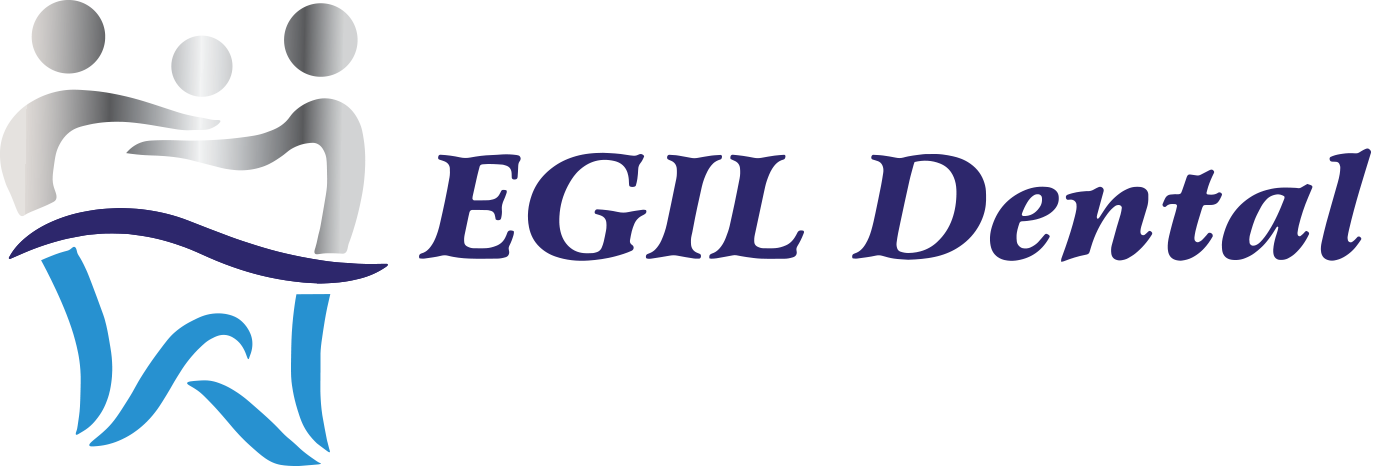Regular dental cleanings play a crucial role in maintaining oral health. Not only do they keep your teeth clean and sparkling, but they can also help prevent dental issues such as gum disease and tooth decay. However, many individuals are unsure about the recommended frequency of dental cleanings. In this article, we will explore the optimal timing for dental cleanings and why they are essential for good oral hygiene.
The Importance of Dental Cleanings
A dental cleaning, also known as a prophylaxis, is a professional procedure that is performed by a dental hygienist or dentist. During this cleaning, built-up plaque and tartar are removed from the teeth and gum line, followed by a thorough polishing to eliminate surface stains. This process helps prevent the formation of cavities, gum disease, and other oral health issues.
Regular dental cleanings offer several benefits, including:
- Prevention of cavities: Plaque harbors harmful bacteria that produce acids, leading to tooth decay. Removing plaque through regular cleanings reduces the chance of developing cavities.
- Early detection of gum disease: Gum disease, if left untreated, can lead to tooth loss and other serious health complications. Regular cleanings help identify early signs of gum disease, allowing for timely intervention.
- Fresher breath: Bacterial buildup in the mouth can cause bad breath. Dental cleanings remove these bacteria, leaving you with a fresher breath.
- Stain removal: Certain foods, beverages, and habits like smoking can stain your teeth. Professional cleanings effectively remove these stains, enhancing the aesthetic appearance of your smile.
- Overall health benefits: Numerous studies have linked oral health to overall health. Regular dental cleanings can help prevent gum infections that may contribute to heart disease, respiratory issues, and other systemic conditions.
Recommended Frequency for Dental Cleanings
The frequency of dental cleanings can vary based on individual needs. Typically, it is best to have a professional cleaning every six months, which is the standard recommendation for most people. This interval allows for the timely removal of tartar and plaque buildup that cannot be adequately addressed through regular brushing and flossing.
However, certain individuals may require more frequent cleanings. You may fall into this category if you have specific oral health concerns, such as:
- Gum disease: If you have a history of gum disease or are currently undergoing treatment, your dentist may advise more frequent cleanings to manage the condition effectively.
- Plaque buildup: Some individuals have a higher tendency to develop plaque and tartar. For these individuals, more regular cleanings, such as every three to four months, may be recommended.
- Smoking: Smoking not only stains teeth but also increases the likelihood of gum disease and oral cancer. Smokers are often advised to have dental cleanings more frequently to monitor and address these risks.
- Diabetes: Diabetic patients are more susceptible to gum disease. Therefore, additional cleanings may be advised to prevent dental complications.
To determine the ideal frequency for your dental cleanings, it is crucial to consult with your dentist. They will assess your individual oral health needs and provide personalized recommendations.
Maintaining Oral Health Between Cleanings
While dental cleanings are vital, it is equally important to maintain good oral hygiene habits between visits. Follow these tips to keep your mouth healthy:
- Brush your teeth at least twice a day using fluoridated toothpaste.
- Floss daily to remove plaque and food particles from between your teeth.
- Limit your intake of sugary and acidic foods and beverages, as they can contribute to tooth decay.
- Use an antimicrobial mouthwash to help control bacteria and maintain fresh breath.
- Replace your toothbrush every three to four months or sooner if the bristles become frayed.
Remember to schedule regular dental check-ups, even if you maintain good oral hygiene habits. These visits allow your dentist to monitor your overall oral health and detect any issues early on.
Conclusion
Dental cleanings are a vital part of maintaining optimal oral health, preventing cavities, and reducing the risk of gum disease. While a standard recommendation is to have a dental cleaning every six months, individual needs may vary. Consult with your dentist to determine the ideal frequency for your cleanings based on your oral health concerns. Remember, good oral hygiene habits between visits are just as important in maintaining your oral health.

